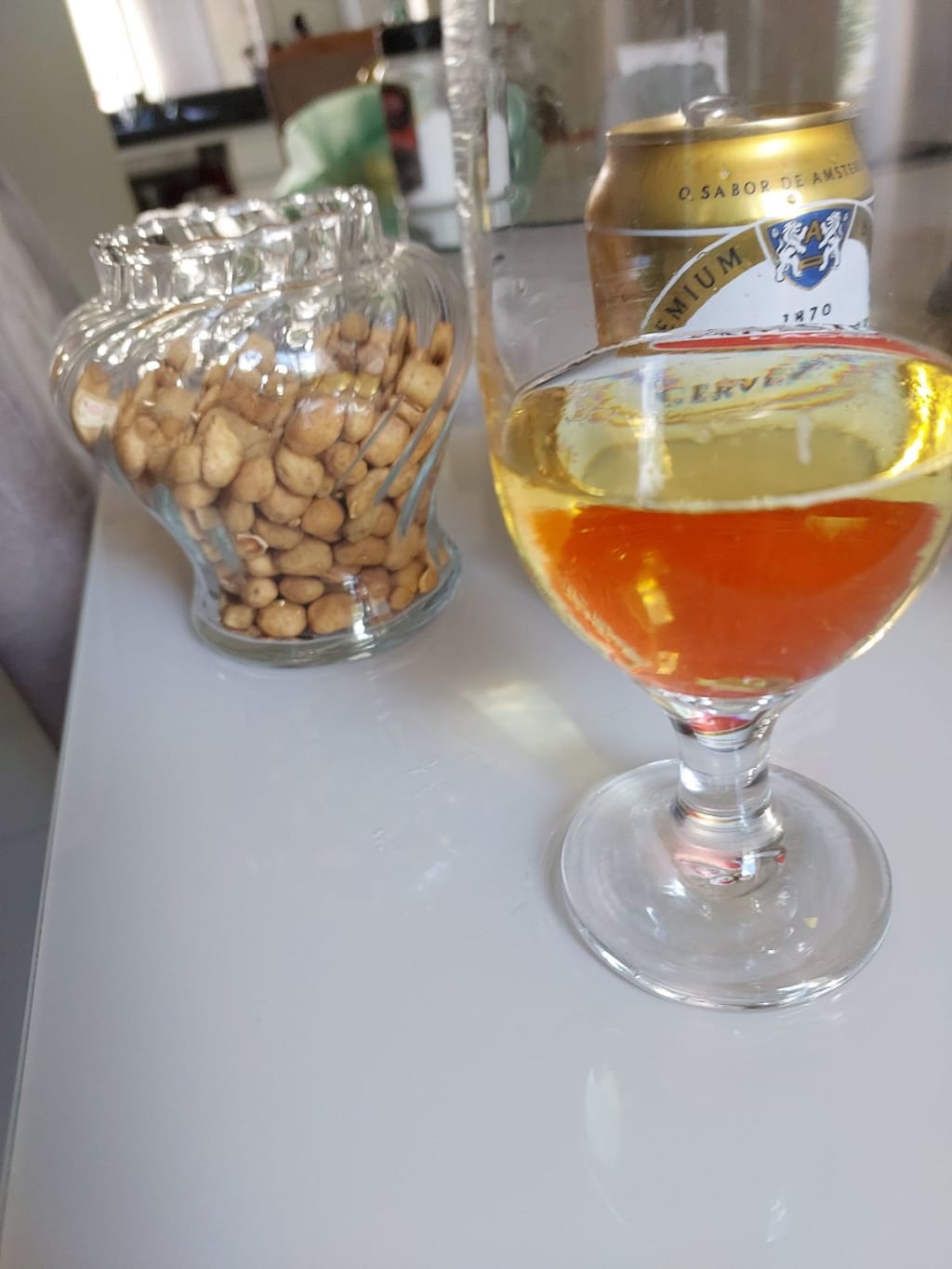
High blood pressure, also known as hypertension, is a medical condition in which the force of blood against the walls of the arteries is consistently too high. Blood pressure is measured using two numbers: systolic pressure over diastolic pressure. The systolic pressure is the higher number and represents the pressure in the arteries when the heart beats, while the diastolic pressure is the lower number and represents the pressure in the arteries when the heart is at rest between beats.
Normal blood pressure is typically around 120/80 mmHg (millimeters of mercury) or lower. Hypertension is generally diagnosed when blood pressure consistently exceeds 130/80 mmHg or higher over a period of time.
There are two main types of hypertension:
1. Primary (essential) hypertension: This is the most common type, accounting for about 90-95% of cases. The exact cause is often unknown, but it is believed to develop gradually over many years due to a combination of genetic and environmental factors, such as unhealthy lifestyle choices, obesity, high salt intake, stress, and aging.
2. Secondary hypertension: This type is caused by an underlying medical condition or medication. It accounts for about 5-10% of cases. Underlying conditions that can contribute to secondary hypertension include kidney disease, hormonal disorders, certain medications, and certain lifestyle factors like excessive alcohol consumption and drug use.
High blood pressure often does not cause noticeable symptoms, earning it the nickname "the silent killer." However, if left untreated or uncontrolled, it can lead to serious health complications, such as heart disease, stroke, kidney problems, and damage to other organs.
Managing high blood pressure typically involves a combination of lifestyle modifications and, if necessary, medication. Lifestyle changes may include:
1. Eating a healthy diet: Emphasize fruits, vegetables, whole grains, lean proteins, and low-fat dairy products. Reduce sodium (salt) intake and limit saturated and trans fats.
2. Regular exercise: Engage in moderate aerobic exercise, such as brisk walking or cycling, for at least 150 minutes per week. Consult with a healthcare professional before starting any exercise program.
3. Weight management: Maintain a healthy body weight or work towards losing weight if overweight or obese.
4. Limit alcohol consumption: Men should generally limit themselves to two drinks per day, while women should limit to one drink per day.
5. Quit smoking: Smoking can significantly increase the risk of cardiovascular problems. Seek professional help or support to quit smoking.
If lifestyle modifications alone are insufficient to control high blood pressure, healthcare providers may prescribe medication to help manage the condition. There are several types of medications available, including diuretics, beta-blockers, angiotensin-converting enzyme (ACE) inhibitors, angiotensin II receptor blockers (ARBs), calcium channel blockers, and others. The choice of medication depends on various factors and is determined by a healthcare professional.
It's important for individuals with high blood pressure to regularly monitor their blood pressure, follow their healthcare provider's recommendations, and attend regular check-ups to ensure the condition is well managed.
Some Tips For Managing High Blood Pressure:
1. Monitor your blood pressure: Regularly check your blood pressure at home using a reliable blood pressure monitor. This will help you keep track of any changes and ensure that your treatment plan is working effectively.
2. Follow a healthy diet: Adopt the Dietary Approaches to Stop Hypertension (DASH) diet, which emphasizes fruits, vegetables, whole grains, lean proteins, and low-fat dairy products. Avoid foods high in saturated and trans fats, cholesterol, and sodium.
3. Reduce sodium intake: Limit your sodium intake to no more than 2,300 milligrams (mg) per day or even less if advised by your healthcare provider. Avoid processed foods, fast food, and restaurant meals, as they tend to be high in sodium. Opt for fresh ingredients and prepare meals at home whenever possible.
4. Maintain a healthy weight: Aim for a healthy body weight based on your age, height, and gender. Losing excess weight can significantly lower your blood pressure.
5. Engage in regular physical activity: Incorporate moderate aerobic exercise, such as brisk walking, cycling, swimming, or dancing, into your routine for at least 150 minutes per week. Additionally, include strength training exercises at least twice a week.
6. Limit alcohol consumption: If you drink alcohol, do so in moderation. Men should limit their intake to two standard drinks per day, while women should limit it to one standard drink per day.
7. Quit smoking: Smoking can raise your blood pressure and damage your blood vessels. Quitting smoking has numerous health benefits, including reducing the risk of heart disease.
8. Manage stress: Find healthy ways to manage and reduce stress, such as engaging in relaxation techniques (e.g., deep breathing exercises, meditation, yoga), pursuing hobbies, spending time with loved ones, or seeking professional help if needed.
9. Limit caffeine: Although the impact of caffeine on blood pressure varies from person to person, it's a good idea to moderate your caffeine intake and observe how it affects your blood pressure.
10. Take prescribed medication: If lifestyle modifications alone are not sufficient to control your blood pressure, your healthcare provider may prescribe medication. It's important to take the prescribed medication as directed and follow up regularly with your doctor.
Remember, it's crucial to consult with your healthcare provider for personalized advice and guidance on managing high blood pressure. They can provide you with specific recommendations based on your health condition and individual needs.
About the Creator
Enjoyed the story? Support the Creator.
Subscribe for free to receive all their stories in your feed. You could also pledge your support or give them a one-off tip, letting them know you appreciate their work.





Comments
There are no comments for this story
Be the first to respond and start the conversation.